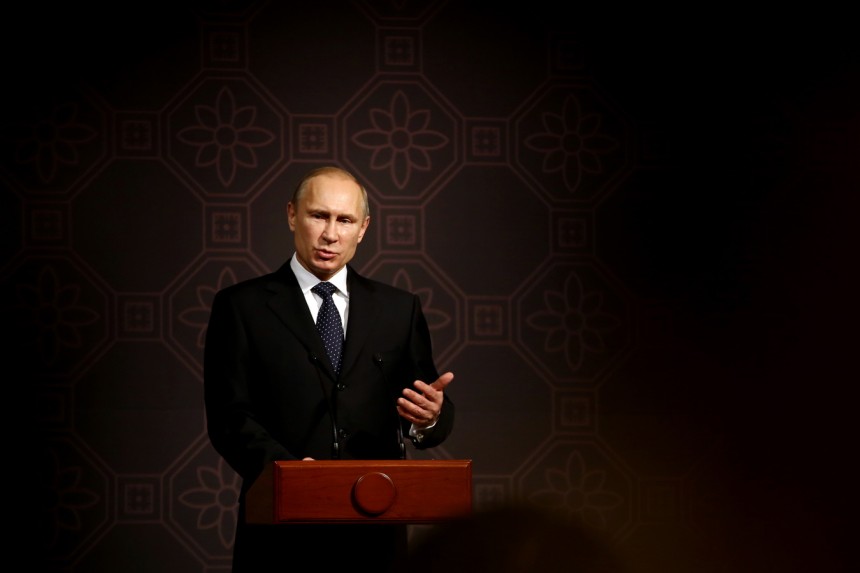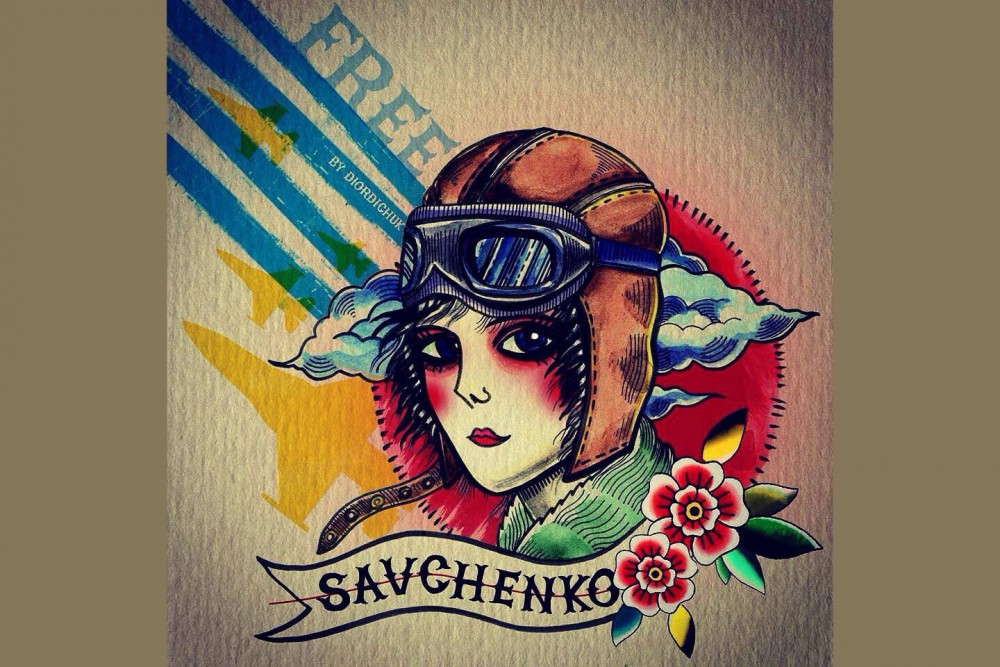Brothers and sisters!
Here’s the Summary for August 12, 2014 (for previous summary, please see Summary for August 11).
The bad news:
1. The Verkhovna Rada [Ukrainian Parliament] approved, in the first reading, a draft law introducing the institution of sanctions, by the decision of the President and the NSDC [National Security and Defense Council of Ukraine]. That’s all. At this [effort], the Verkhovna Rada was exhausted, and the law was not conclusively adopted.
As is known, the sanctions (there are 29 types of them) are expected to be applicable to virtually all aspects of both the domestic and foreign policy of Ukraine. They stipulate suspension of mail service, switching off TV channels, closure of all media types, including Internet-based media, prohibition of radio frequencies use, etc.
Were they smart, that kind of law should have been adopted in March, together with the military state of emergency. That might have prevented the situation in Donbas from drifting into the current bloodbath.
But now, we nevertheless have to put the horse in front of the cart. The mechanism of sanctions prescribed by the draft law would work ideally in wartime or a state of emergency. Whereas, in peacetime, to give authorities such powers, I think [we] should be extremely cautious.
Here it is necessary to look at the text of the bill–paragraph 1 of Article 3: “Grounds and principles for the application of sanctions.” There are too many of these grounds. If they were limited to anti-Ukrainian “acts of a foreign power, a foreign legal entity or individual,” there would be no problem. Otherwise one may apply this provision in an arbitrary manner under the pretext of “fighting against terrorism.”
That is, on the one hand, this law is vital. On the other, it clearly should contain more understandable and specific enforcement mechanisms to prevent it from becoming an instrument of oppression against the dissenters. If we want to be a democratic state, let’s respect the rules then.
2. The Head of the Military–Medical Department of the Ministry of Defense, Colonel Vitaly Andronatiy, claimed that terrorists in the ATO zone are deliberately shooting at medical vehicles. “Of all the problems, what we lack most is armored medical vehicles,” he noted.
What a shame: a country, which used to have the most powerful tank-building industry in the USSR (as a reminder, the now-famous Uralvagonzavod facilities in Russia, producing T-72 and T-90 tanks, were established on the basis of Kharkiv factory capacities evacuated to the Urals during World War II), is unable after half a year of hostilities to arrange the production of common gun trucks, i.e. armored cargo trucks!
In addition to Kharkiv, we have plenty of both tank-repair plants in different Oblasts [regions] of Ukraine, and civil [repair] enterprises. The Ministry of Defense has enough funds for armoring [the vehicles]. There is also a [repair/production] base, too; for example, the domestic Kremenchuk Automotive Plant (KrAZ) [Poltava Oblast] (there are thousands of army vehicles as well that can also be armored). I don’t get where the problem is.
3. The problem “of refugees from Donbas” urgently needs to be addressed. Throughout the other regions of Ukraine which hospitably sheltered them, a rising tide of discontent is growing. The calling card of a large part of the refugees–is a pathological reluctance to work, alcohol and drug abuse, ostentatious hate and profanation of Ukrainian symbols.
By the way, about the latter. Local law enforcement officers often turn a blind eye to these egregious incidents, especially when it comes to children of refugees who are doing what they want–from tearing down Ukrainian flags to the vandalism of Ukrainian monuments. As if you cannot punish them. It’s right, it’s not the children who should be punished. Punish their parents in the only way which works on these creatures–with fines. They often do not understand (or rather, are pretending they do not understand) the Ukrainian language, but they understand the language of money very well.
Moreover, it is worth providing such Ukrainophobic parasites an opportunity (or even strongly recommend [for them]) to head for Russia, it is understood, at their own expense. And there’s no need to fear some kind of loss of reputation for Ukraine–we will outlive them, and Ukrainian land will become the cleaner for it.
We must understand that indulgence in this case could be extremely dangerous. Moreover, that in this way confidence in the Ukrainian government and the ATO are being undermined (local people can legitimately ask why do these sturdy blokes from Donbas get drunk at the expense of other regions, while the guys from these other regions are losing their blood [fighting] for Donbas?). The inaction of law enforcement staff is pushing locals to apply mob law. And, let’s be honest, from a moral point of view to condemn such lynchings would be impossible.
Dmitry Tymchuk, Coordinator, Information Resistance
Translated and edited by Voices of Ukraine




